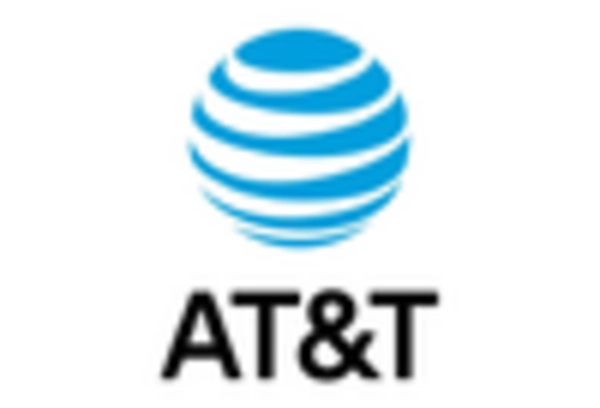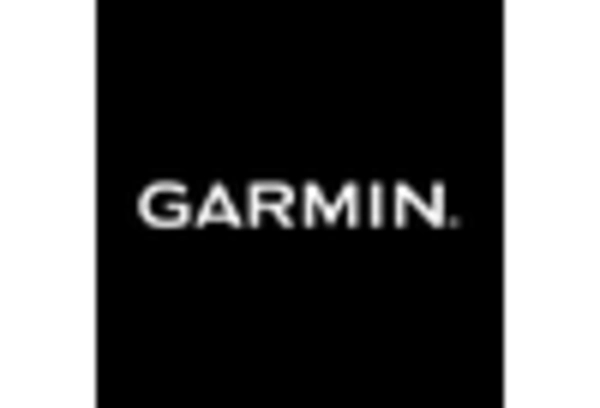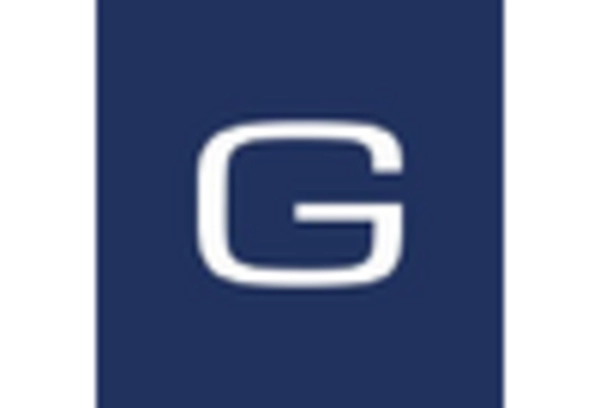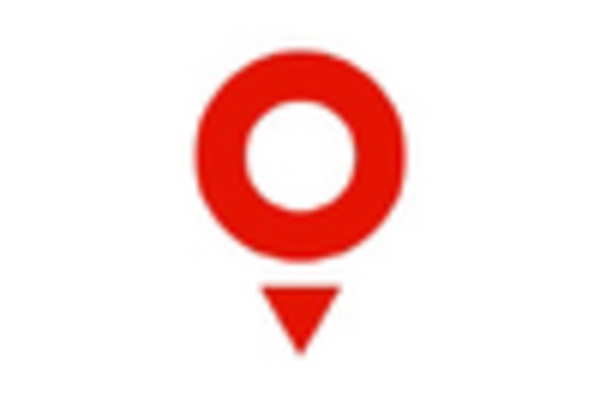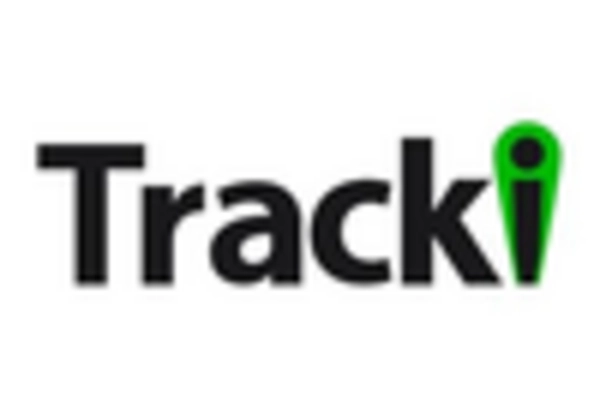Regulatory Support and Compliance
Regulatory support and compliance are becoming increasingly influential in the GPS Tracking Device Market. Governments across various regions are implementing regulations that mandate the use of GPS tracking devices in specific sectors, such as transportation and logistics. This regulatory framework not only enhances safety standards but also encourages businesses to adopt GPS technology to comply with legal requirements. As a result, the market is likely to see a boost in demand for GPS tracking devices, as companies strive to meet these regulations while improving operational efficiency and accountability.
Increased Focus on Personal Safety
The GPS Tracking Device Market is witnessing a heightened focus on personal safety, particularly in urban environments. Consumers are increasingly seeking GPS tracking solutions for personal use, such as tracking children, elderly family members, or even pets. This growing awareness of safety concerns has led to a rise in the development of user-friendly GPS devices tailored for personal safety applications. Market data suggests that the segment dedicated to personal safety tracking devices is expected to grow significantly, reflecting a broader societal trend towards prioritizing safety and security in daily life.
Rising Demand for Real-Time Tracking
The GPS Tracking Device Market experiences a notable surge in demand for real-time tracking solutions. This trend is primarily driven by the increasing need for enhanced security and efficiency across various sectors, including transportation, logistics, and personal safety. As businesses seek to optimize their operations, the integration of GPS tracking devices has become essential. According to recent data, the market for GPS tracking devices is projected to grow at a compound annual growth rate of approximately 15% over the next five years. This growth is indicative of the industry's response to the evolving needs of consumers and businesses alike, as they prioritize real-time visibility and accountability in their operations.
Technological Advancements in GPS Devices
Technological advancements play a pivotal role in shaping the GPS Tracking Device Market. Innovations such as improved satellite technology, enhanced battery life, and advanced data analytics capabilities are transforming the functionality of GPS devices. These advancements not only increase the accuracy and reliability of tracking but also expand the range of applications for these devices. For instance, the integration of artificial intelligence and machine learning algorithms allows for predictive analytics, which can significantly enhance fleet management and personal safety applications. As a result, the market is witnessing a shift towards more sophisticated GPS tracking solutions that cater to diverse consumer needs.
Growing Adoption in Logistics and Supply Chain
The logistics and supply chain sector is increasingly adopting GPS tracking devices, which significantly influences the GPS Tracking Device Market. The need for efficient inventory management, route optimization, and real-time shipment tracking has led to a heightened demand for these devices. Recent statistics indicate that companies utilizing GPS tracking solutions can reduce operational costs by up to 20% through improved route planning and reduced fuel consumption. This trend underscores the importance of GPS technology in enhancing operational efficiency and transparency within the supply chain, thereby driving further growth in the market.
